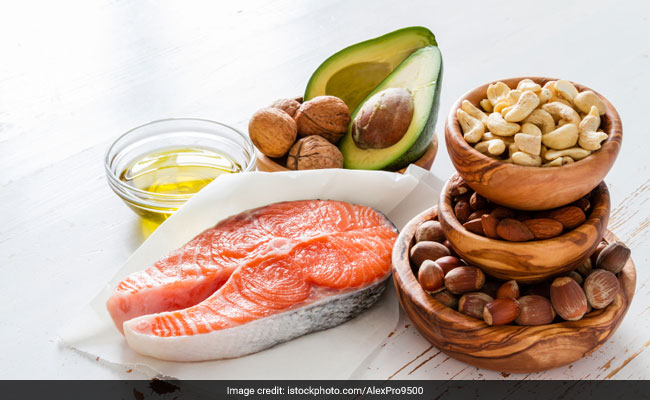
The experts took into account various other diets to learn their beneficial effect on cognitive function, help in supporting healthy brain aging and to reduce dementia risk. While dementia is a complex brain disease influenced by age, lifestyle and genetics, leading a positive lifestyle and following a healthy diet are said to play a significant role in its risk prevention.
The experts looked at various diets in different groups of people to highlight the potential benefits of each. They included the DASH diet (Dietary Approaches to Stop Hypertension), which is high in fruits, vegetables, and low-fat or nonfat dairy, with mostly whole grains, lean meats, fish and poultry, nuts and beans; the MIND diet (Mediterranean-DASH Intervention for Neurodegenerative Delay), which is similar to DASH and Mediterranean diets and includes foods that have been shown to be beneficial in preventing cognitive decline such as berries; the Baltic Sea Diet, which includes plenty of Nordic fruit and vegetables, fish, high fiber grains such as oats, rye and barley, and little processed foods; and the Nordic Prudent Dietary Pattern (NPDP), which also focuses on fruit and vegetables, especially non-root varieties, poultry, fish, and vegetable oils and avoids sugary, fatty and processed foods.

Dr David Reynolds, Chief Scientific Officer at Alzheimer's Research UK, underlined that "Understanding how the way we lead our lives could affect our brain health is important, as there may be lifestyle factors that are within our power to change that help support healthy ageing. This observational research highlights the role of healthy eating habits in helping to protect our brains as we get older, with many focusing on Mediterranean-style diets."
A US study focusing on 5,907 healthy older people found that those who were relatively good at sticking to either the traditional MedDiet or the MIND diet were more likely to perform better on memory and thinking tests, with results still holding true even after adjusting for socioeconomic, health (eg. obesity and diabetes) and lifestyle (eg. smoking and physical activity) factors.
A similar study out of Sweden with data from 2,223 healthy participants aged 60 and over found that following the NPDP diet was linked to a lower decline in memory and thinking skills, with similar results also found for those following Med and MIND diets. However, no link was found between DASH or BSD diets and memory and thinking skills. A third study that looked at data from 7,057 US women who were followed for up to 20 years found that those who ate a diet most similar to the MIND diet had a lower risk of dementia.
Meanwhile a team that looked at particular dietary components, rather than a specific diet, found that of 330 healthy participants with an average age of 79, those with a high intake of cholesterol, beta-carotene and lutein, and low intake of omega-3, calcium and vitamins B1, B2, B5, B6, D and E, also had higher levels of inflammatory molecules in the body and reduced executive function speed - skills such as decision making, controlling behavior and mental flexibility.
Inputs from AFP.
Track Latest News Live on NDTV.com and get news updates from India and around the world

